Mahamritunjay Jaap
Maha Mrityunjaya Jaap is a powerful Vedic ritual dedicated to Lord Shiva, also known as Bholenath, the most compassionate and merciful deity. The word Maha means great, Mrityu means death, and Jaya means victory—together signifying “victory over death.” Chanting and performing this Jaap invokes Lord Shiva’s divine grace for protection, healing, and longevity. It is believed to rejuvenate the body and mind and bestow health, peace, prosperity, and spiritual strength.

The Jaap is performed by a Acharya, beginning with Gauri Ganesh Puja, followed by Kalash Sthapana and Navagraha Puja. After this, the sacred Maha Mrityunjaya Mantra is chanted a fixed number of times, often accompanied by Havan for complete spiritual purification and fulfillment of the ritual.
-
11000 Jaap
-
31000 Jaap
-
62000 Jaap
-
125000 Jaap
Muhurat for Maha Mrityunjaya Jaap
It is ideally performed on Mondays or on any auspicious day selected according to the individual’s Janma Nakshatra and horoscope.
Benefits of Maha Mrityunjaya Jaap
-
Protects from untimely and unnatural death
-
Helps in recovery from serious illnesses and chronic diseases
-
Increases longevity, mental peace, and spiritual strength
Fasting Guidelines
Please observe a fast only till the Jaap is chanting.
Book Pandit for Mahamritunjay Jaap


4796 Bookings


8510 Bookings


7589 Bookings


6940 Bookings


6551 Bookings


3900 Bookings
Pooja's FAQ
The Mahamrityunjaya Jaap is the repetitive chanting of the Mahamrityunjaya Mantra, which is a verse from the Rigveda. The mantra is dedicated to Lord Shiva and is believed to have healing and protective qualities.
Om Tryambakam Yajamahe Sugandhim Pushtivardhanam Urvarukamiva Bandhanan Mrityor Mukshiya Maamritat
The mantra is believed to have the power to overcome the fear of death and to provide healing energy. It is often chanted for the well-being of individuals facing health challenges or seeking protection.
The number of repetitions can vary. Some people chant it 108 times, while others may choose to do 1,008 or more repetitions.
It can be chanted at any time, but some people prefer to do it during specific times such as early morning or during prayer and meditation sessions. It is also common to chant it during challenging times or when seeking protection.
Certainly, you have the flexibility to alter the date and time of the pooja. Kindly get in touch with POOJAT customer care for coordination.
The mantra is believed to have various benefits, including promoting physical and mental well-being, overcoming health challenges, and seeking protection from accidents and untimely death.
After booking a pooja with a pandit or temple, you will receive the pandit's contact number in the booking section. Feel free to reach out to confirm details and discuss any specific requirements.
Feel free to contact the pandit ji for guidance on samagri and other arrangements by making a call.









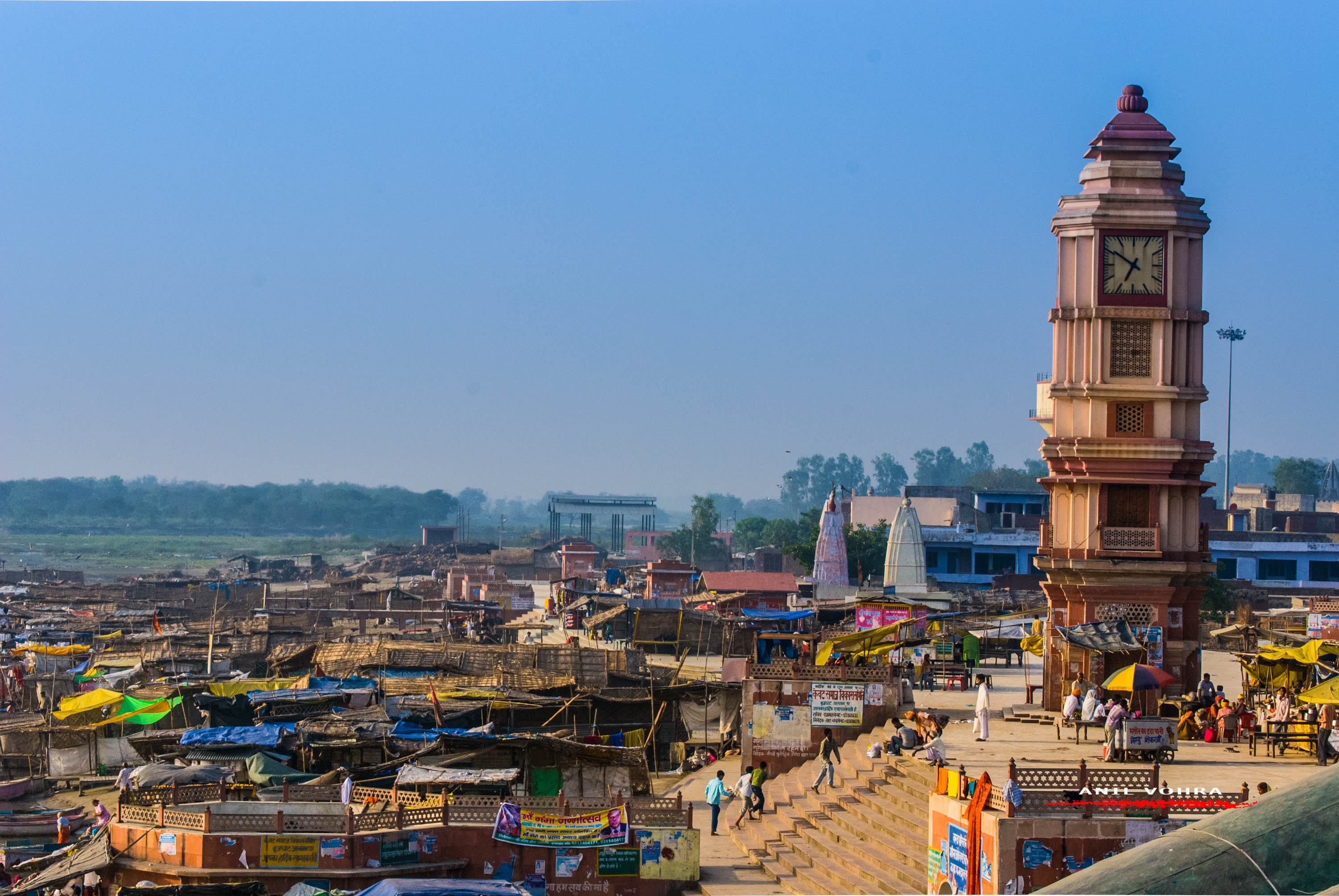
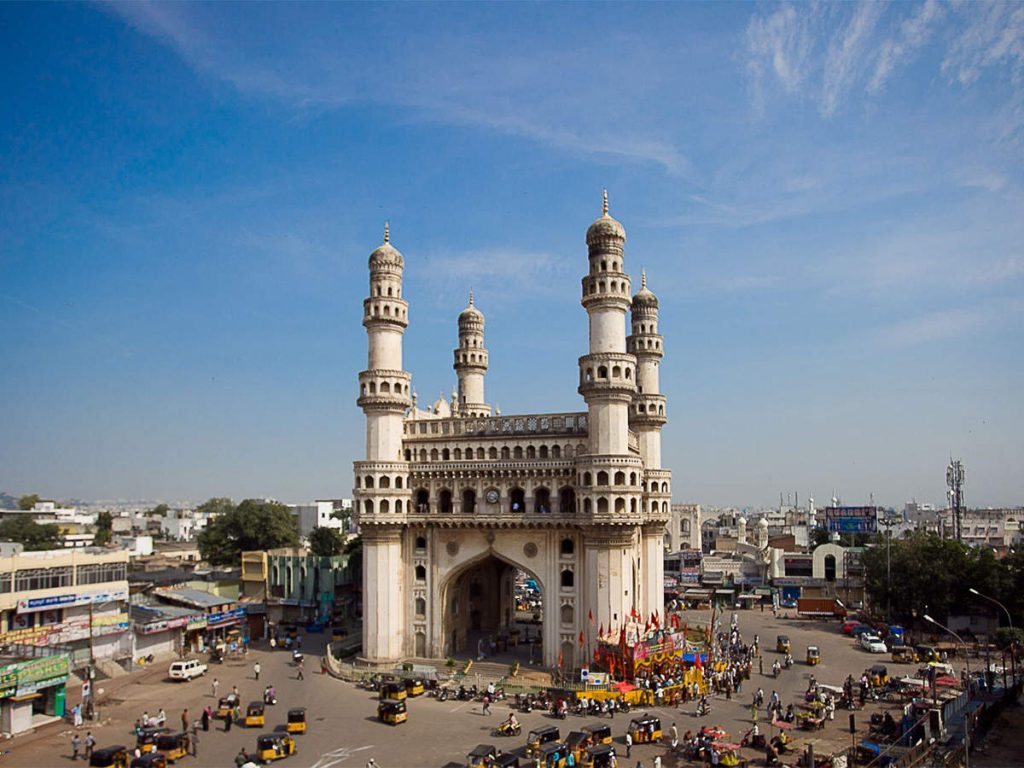




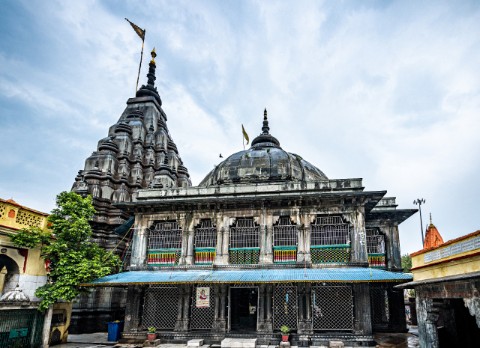
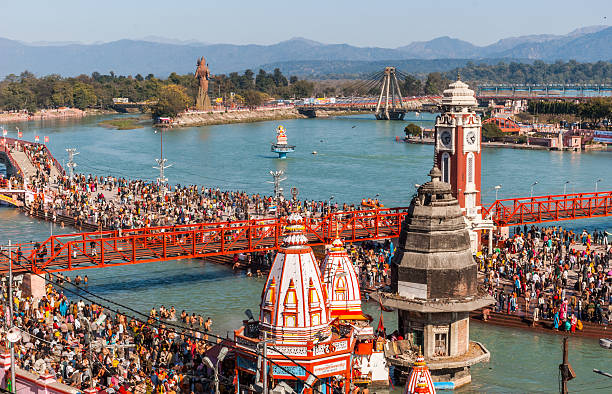

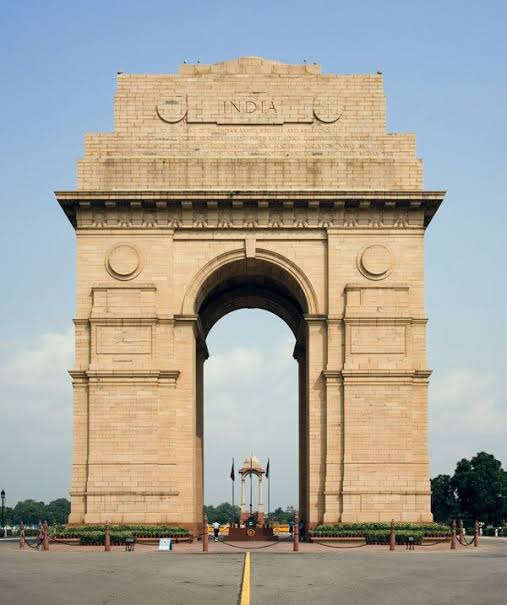

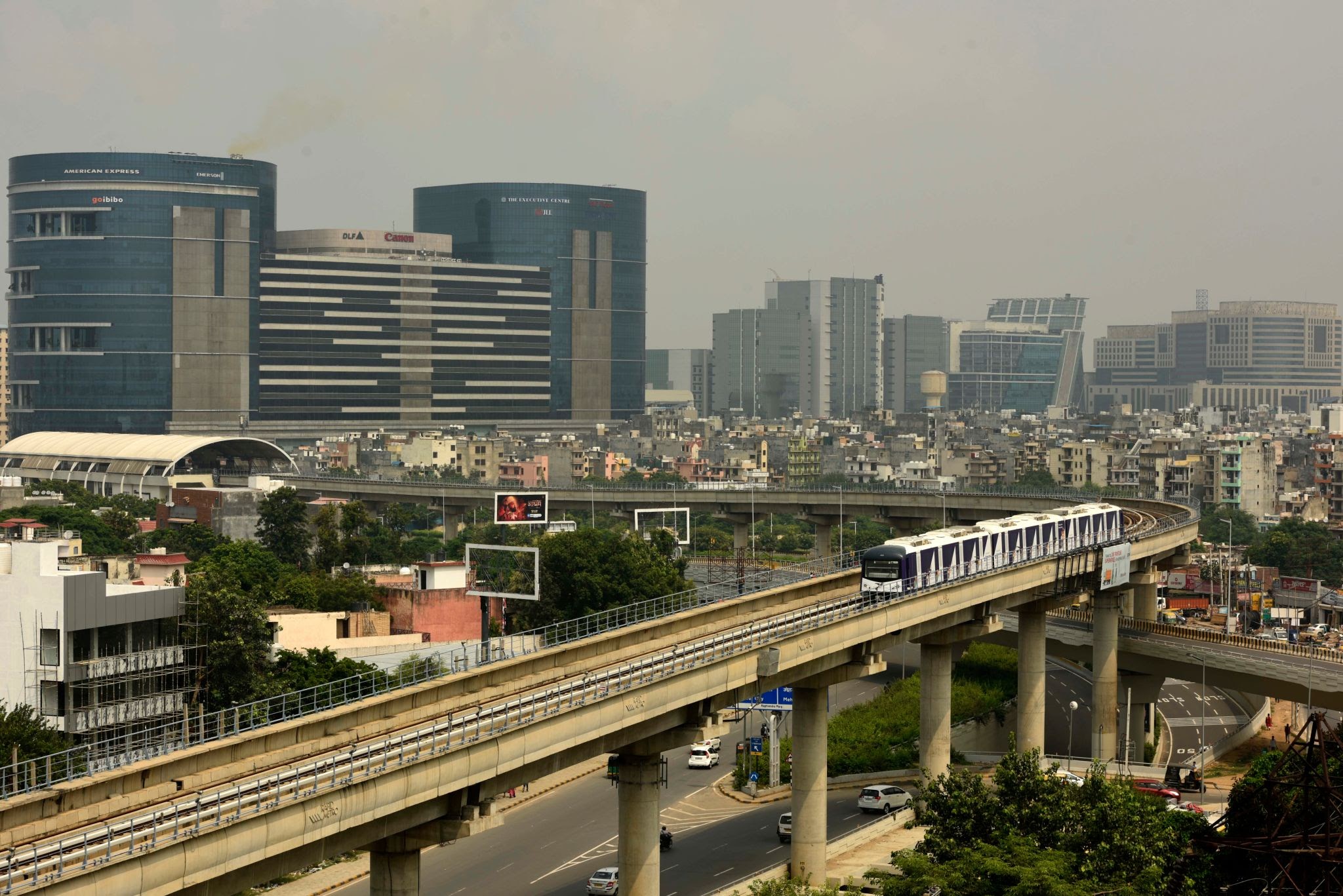

 Hindi, Sanskrit
Hindi, Sanskrit

 Noida
Noida


